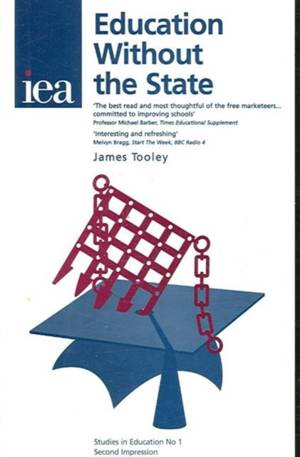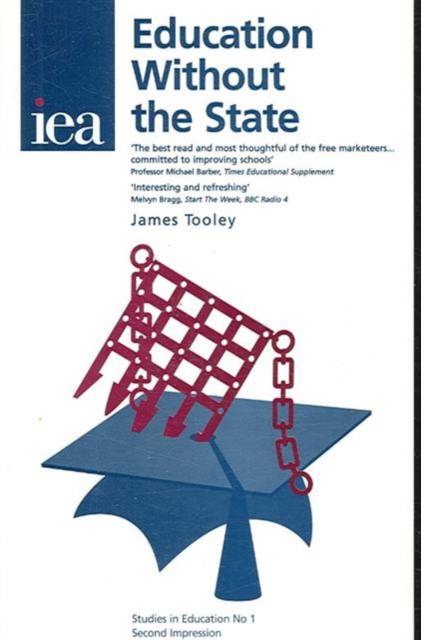
- Retrait gratuit dans votre magasin Club
- 7.000.000 titres dans notre catalogue
- Payer en toute sécurité
- Toujours un magasin près de chez vous
- Retrait gratuit dans votre magasin Club
- 7.000.000 titres dans notre catalogue
- Payer en toute sécurité
- Toujours un magasin près de chez vous
16,95 €
+ 33 points
Description
Functional illiteracy, youth delinquency and lack of technological innovation all point to the failures of state schooling. They raise the question of why governments should be involved in education at all. One justification for state intervention in education is that, without it, there would not be educational opportunities for all. However, the great majority of people would not need state intervention for funding or provision of educational opportunities. Intervention would at most be required for a minority in need of financial support. This conclusion is supported by historical evidence from Victorian England and Wales, and from more recent experience around the world, of educational entrepreneurs stepping in to provide desired opportunities where state education is failing. A second justification offered is that equality of opportunity requires state intervention in education. When the record is examined, it is not clear that states anywhere have been able to provide equality. Strong theoretical arguments undermine the suggestion that they ever would. Moreover, arguments against 'markets' in schooling which purport to show how they increase inequality actually point to problems not with markets, but with state regulation and provision themselves. Many influential philosophers and economists agree that justice or fairness requires that everyone has adequate opportunities. But markets - with a funding safety-net - could provide adequate opportunities for all, and more effectively than further state intervention. A final justification is that state regulation of, inter alia, the curriculum is required. Lessons from the recent history of the national curriculum illustrate the general undesirability of government intervention in the curriculum. The problems of 'competing visions' and the 'knowledge problem' and considerations of the nature of education point to the folly of not leaving decisions to parents and young people themselves. If state intervention in education is not justified, except for a funding safety-net, how can we move towards markets in education? A simple proposal is put forward, linked to recent discussion of the learning society and lifelong learning accounts. Lowering the school leaving age to 14, and simultaneously giving young people two years' state funding for them to use in a Lifelong Individual Fund for Education (LIFE) would help liberate the educational demand side which, coupled with liberation of the supply side, would lead to an enlivening and nurturing of the enterprise of education.
Spécifications
Parties prenantes
- Auteur(s) :
- Editeur:
Contenu
- Nombre de pages :
- 116
- Langue:
- Anglais
- Collection :
- Tome:
- n° 1
Caractéristiques
- EAN:
- 9780255363808
- Date de parution :
- 01-08-96
- Format:
- Livre broché
- Format numérique:
- Trade paperback (VS)
- Dimensions :
- 220
- Poids :
- 161 g







